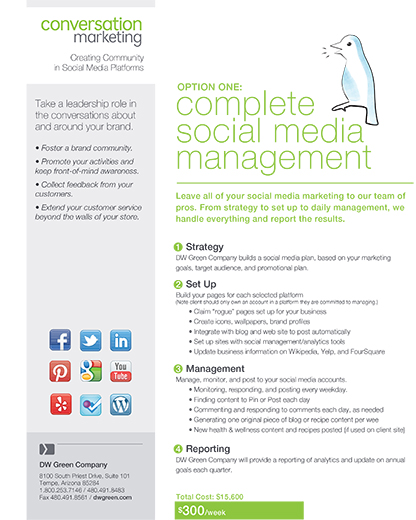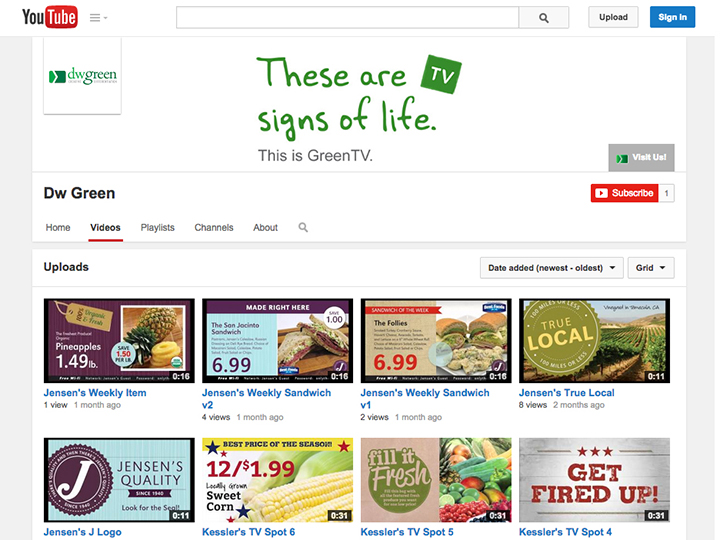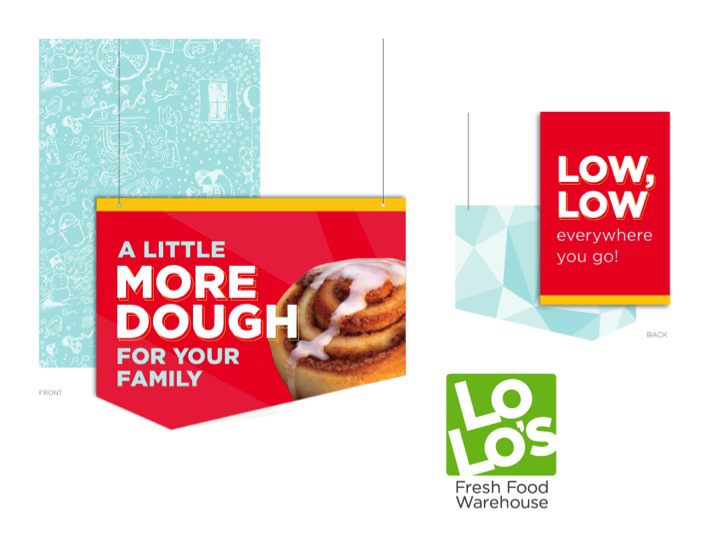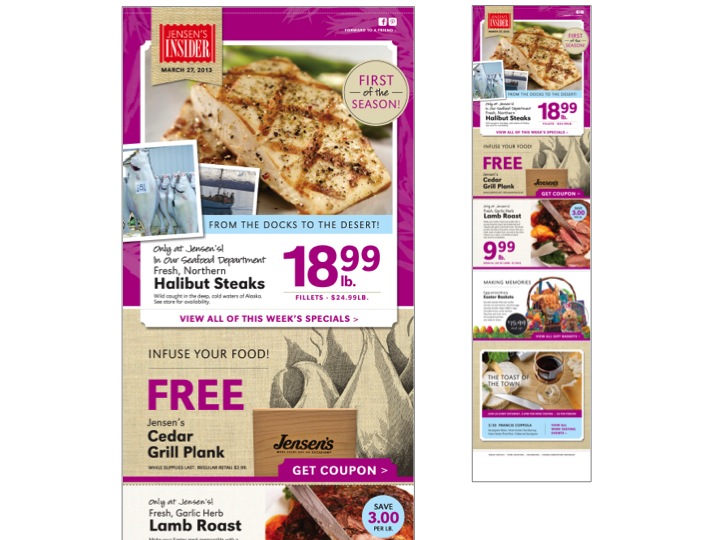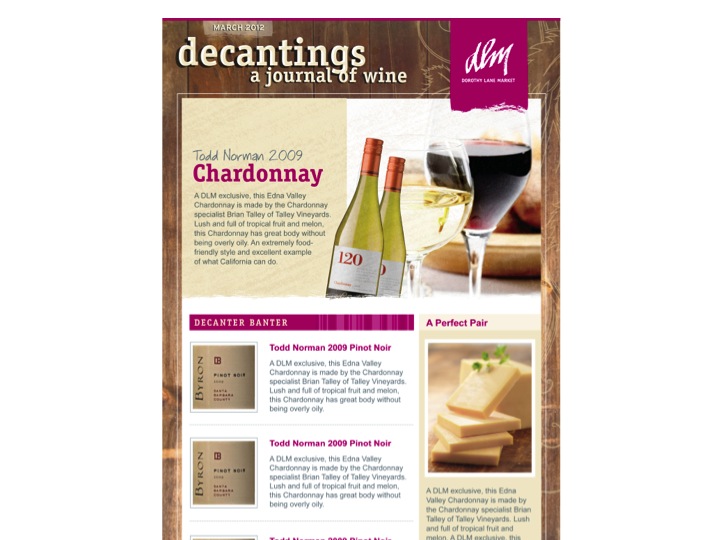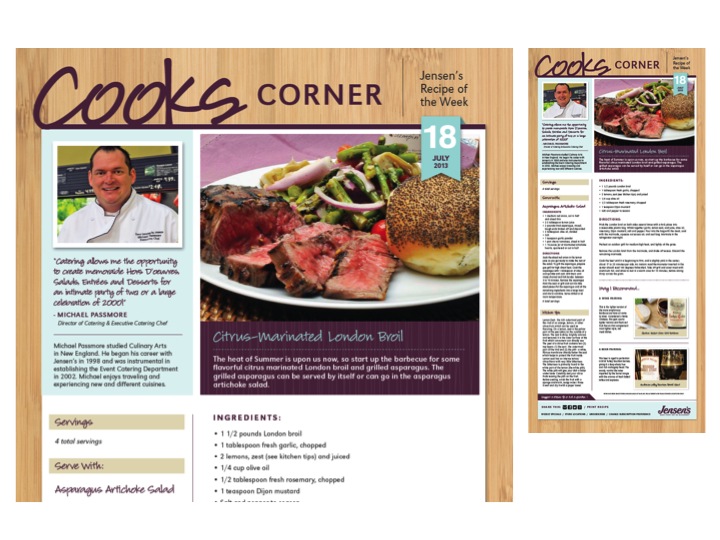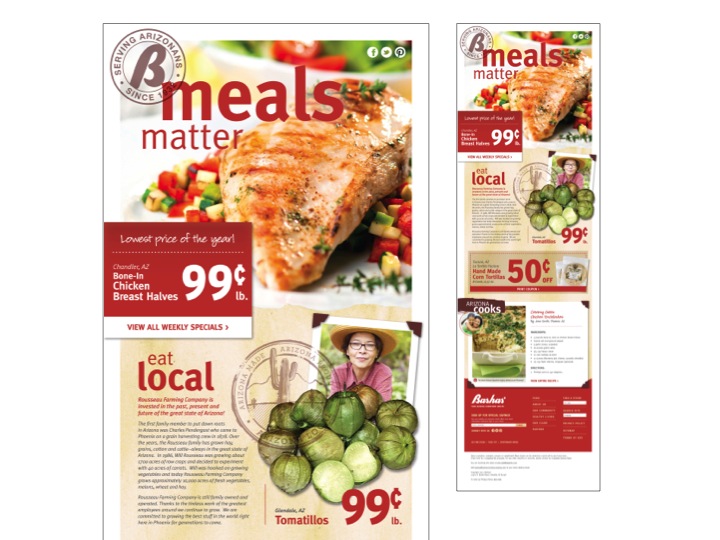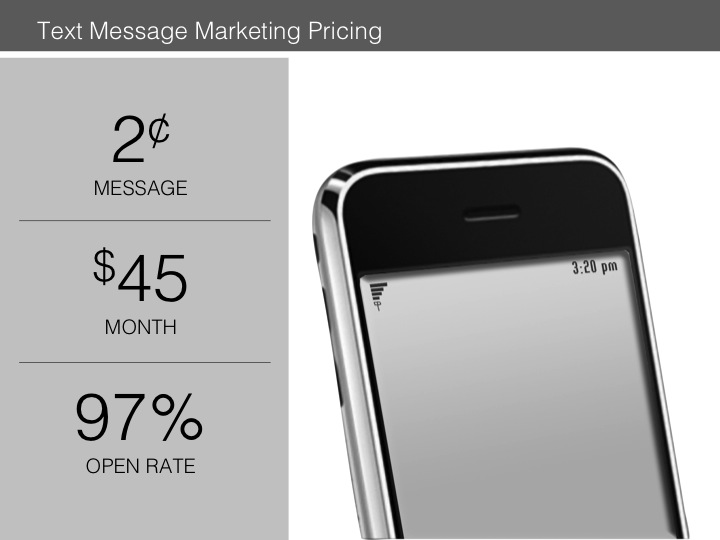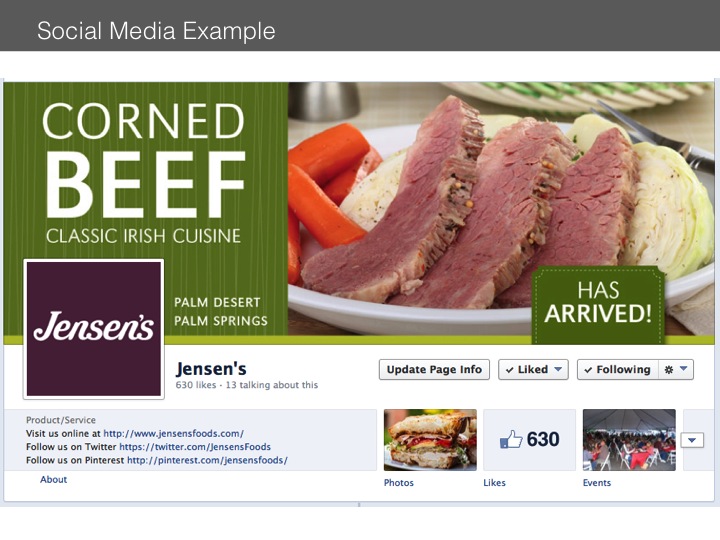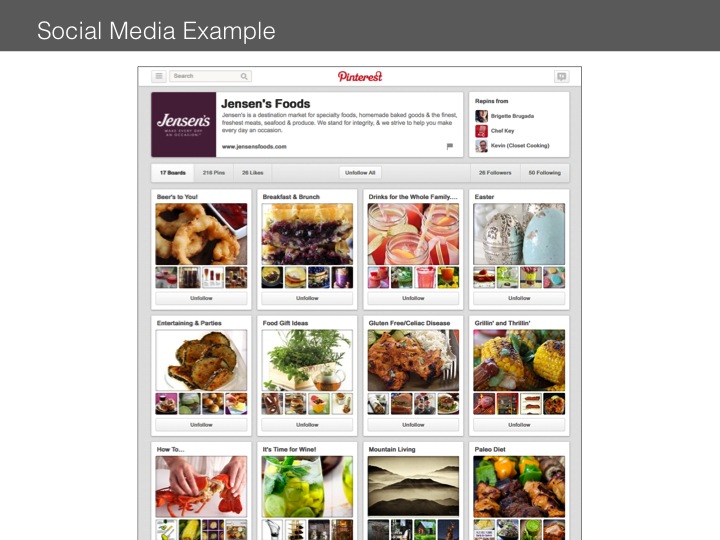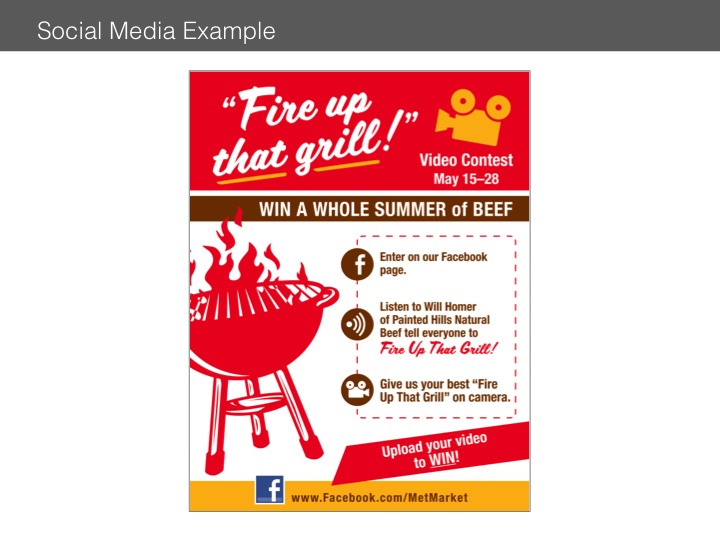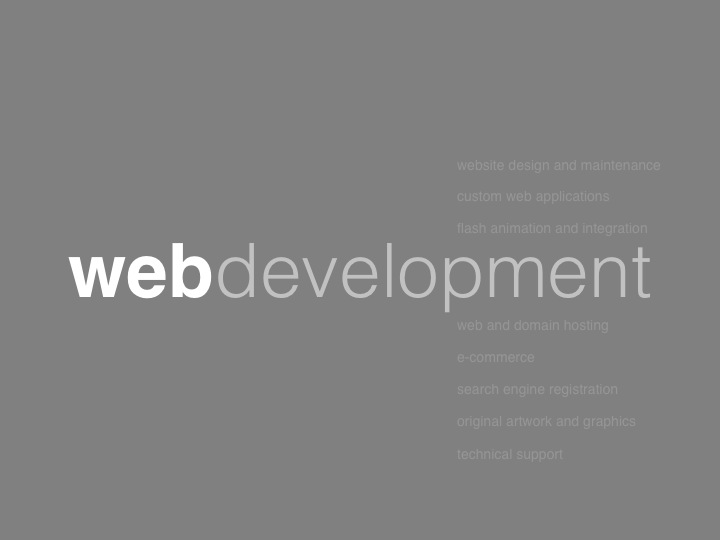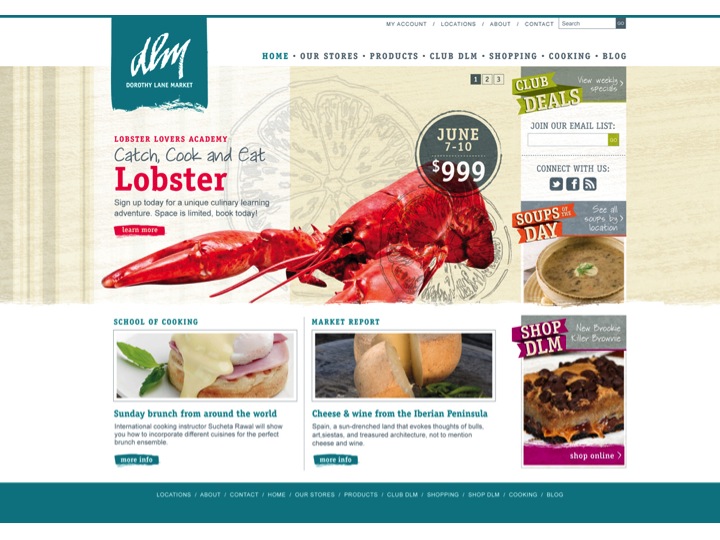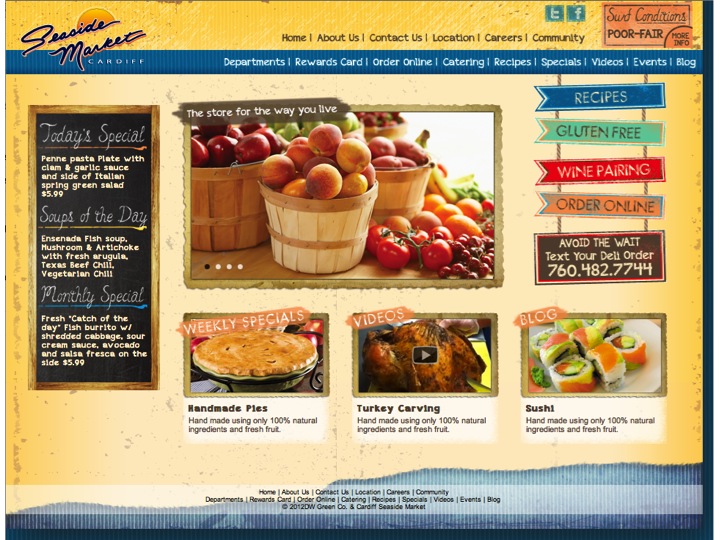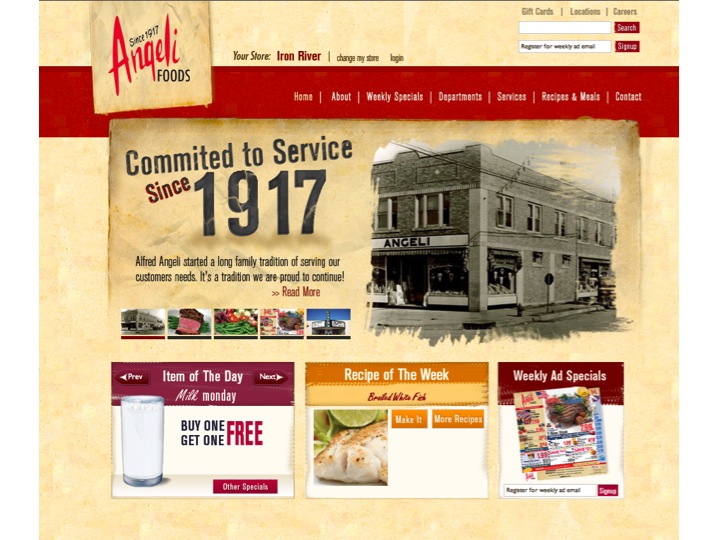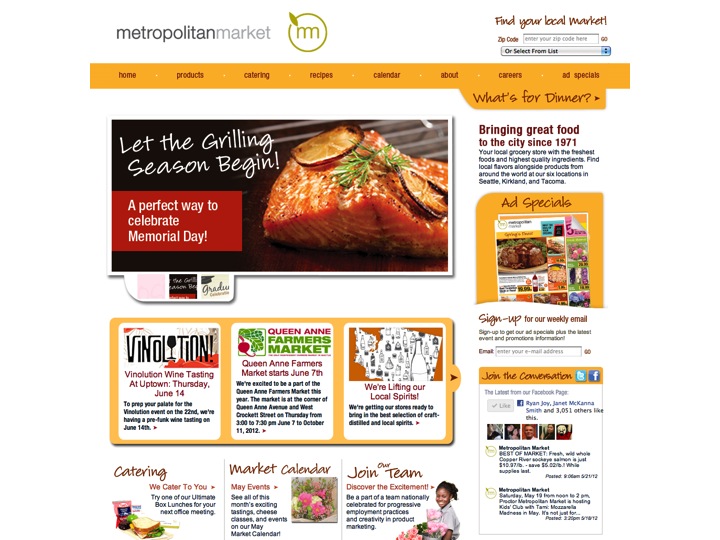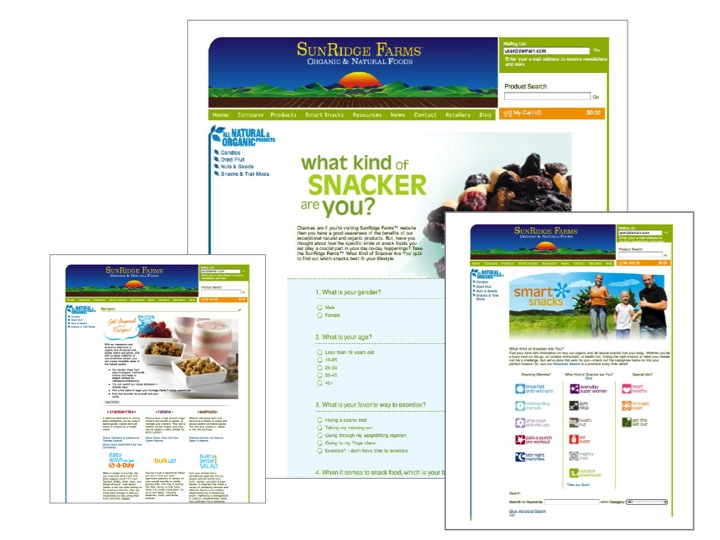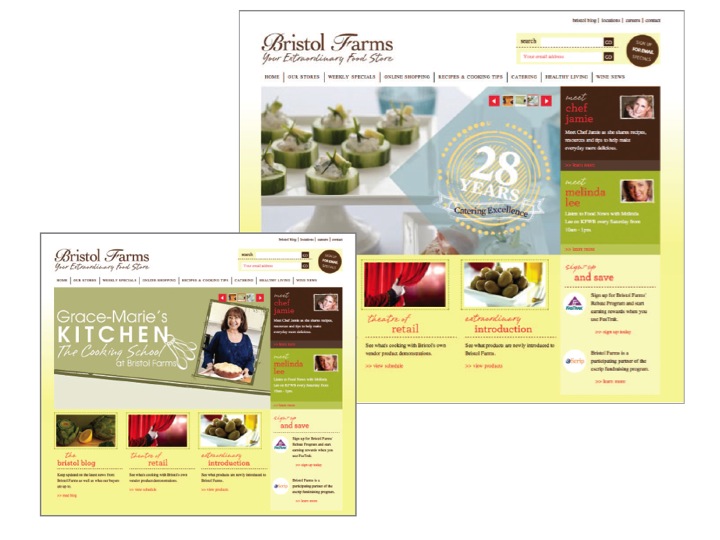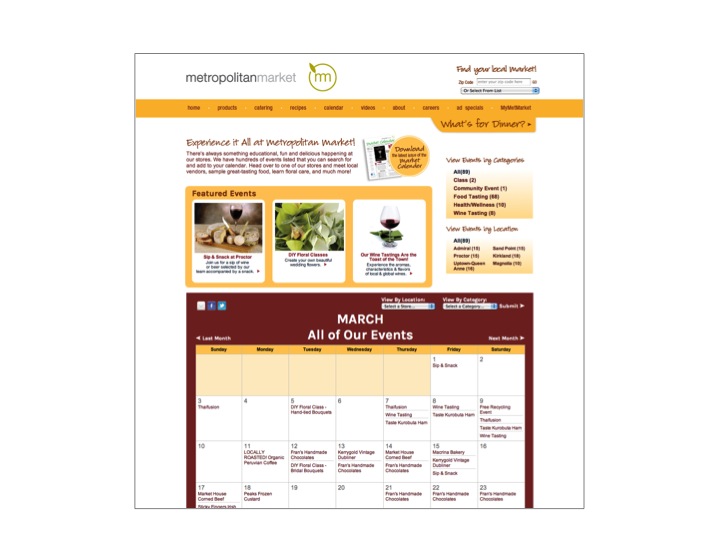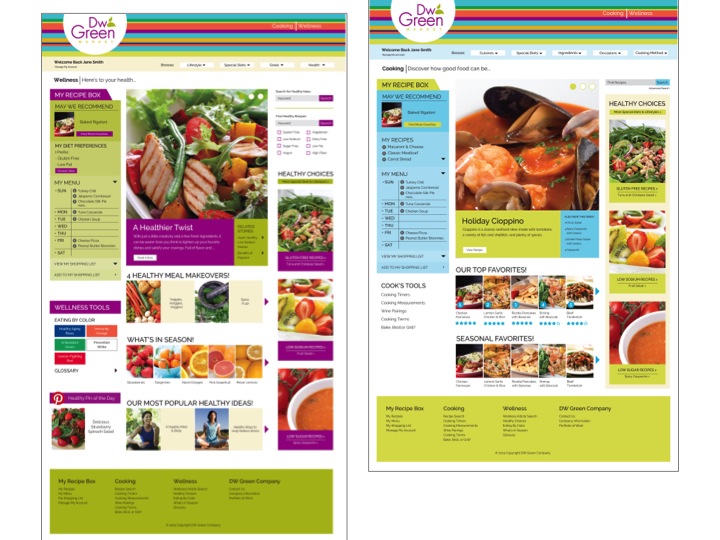DW's Blog
Emotional Connection
by DW Green — April 24, 2019

People are emotionally connected to grocers
Integrity
by DW Green — April 17, 2019

The meeting of our inner and outer lives is called integrity.
Are You Really In Control?
by DW Green — April 10, 2019

Trying to control our lives limits us.
Imitate or Innovate
by DW Green — April 3, 2019

The status quo impedes the search for competitive advantage.
<...read more
Timeless
by DW Green — March 27, 2019

Strong brands are enduring and successful over time.
Read More – Lazy?
...read moreMental Chatter
by DW Green — March 20, 2019

“In case you haven’t noticed, you have a mental dialogue going on inside your head that never stops.”
Read More – I’m With the Band...read more
A Tidbit of Consciousness
by DW Green — March 13, 2019

Tidbits to ponder
Read More – The Experiment...read more
The Dalai Lama on Leadership
by DW Green — March 6, 2019

“We are naturally driven by self-interest.”
Surrender
by DW Green — February 27, 2019

Say YES to life
Not Knowing
by DW Green — February 20, 2019

You don’t know what you don’t know.
- You know what you know. (yep)
- You know what you don’t know. (yep)
- But you don’t know what you don’t know. (huh)




